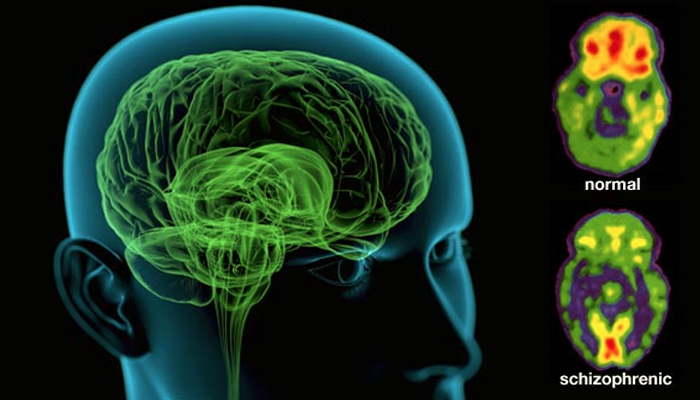
Study: Cannabidiol (CBD) May Treat Schizophrenia Symptoms
Canadian Study: Cannabis May Benefit Schizophrenia Patients
Despite the growing information about medical marijuana and its benefits, little is known about the effects it has on schizophrenia. One study suggested that cannabidiol (CBD)may play a role in reducing the psychotic symptoms of schizophrenia, and another study published this year suggests that cannabis may reduce the some of the cognitive impairments.
Symptoms of schizophrenia are often divided into two categories: positive symptoms and negative symptoms. Positive symptoms are those which are not experienced by the general population (delusions and psychosis for instance), whereas negative symptoms are impairments of typical functioning. Some examples of negative symptoms include a lack of emotion and an inability to experience pleasure (anhedonia), and they are typically more difficult to treat than positive symptoms.
One particular negative symptom that can be noticeable in a number of schizophrenia patients is an inability to accurately identify emotions. As you would expect, this can lead to problems forming relationships with people around them. With that said, a recent study published in Psychiatry Research: Neuroimaging found that cannabis may offer a solution by preserving emotional memory in schizophrenia patients.
Cannabidiol (CBD) May Treat Negative Symptoms Of Schizophrenia
A team of Canadian researchers, led by Stephane Potvin, Ph.D, conducted a study in which they compared the emotional memory of 3 groups: 1) 14 schizophrenia patients who use cannabis regularly, 2) 14 schizophrenia patients who do not use cannabis, and 3) 21 healthy controls. Each group was shown pictures of positive and negative stimuli and asked to identify the depicted emotion. Meanwhile, the researchers conducted functional magnetic resonance imaging (fMRI) to gauge the amount of brain activity in each individual.
“The non-cannabis group identified emotional stimuli with less success than the cannabis group. This suggests cannabis may prevent emotional memory deficits in schizophrenia patients.”
According to the study’s results, the cannabis group was less successful at identifying emotional stimuli compared to the healthy group, but this difference was even greater when you consider the schizophrenia patients who do not use cannabis. The non-cannabis group identified emotional stimuli with less success than the cannabis group. This suggests cannabis may prevent emotional memory deficits in schizophrenia patients.
The brain imaging results suggest that the superior emotional memory functioning in the cannabis group may be related to activity in the frontal lobe – the part of the brain responsible for organization and the concept of “thinking.” Scans of the healthy control group revealed significant activity in the frontal lobe, and the same can be said of the cannabis group. Scans of the non-cannabis group, however, expressed very low activity levels in the frontal lobe.
As the author of the Canadian study suggests, more research about the role of cannabis in schizophrenia treatmentwill be necessary. This study, in addition to the findings that cannabidiol (CBD) may help relieve the psychotic symptoms, is another step towards a natural treatment for schizophrenia. Surely this should be a welcome addition, seeing as one of the most commonly prescribed antipsychotics in the world – amisulpride – has a list of side effects that includes nausea, weight gain, and anxiety.